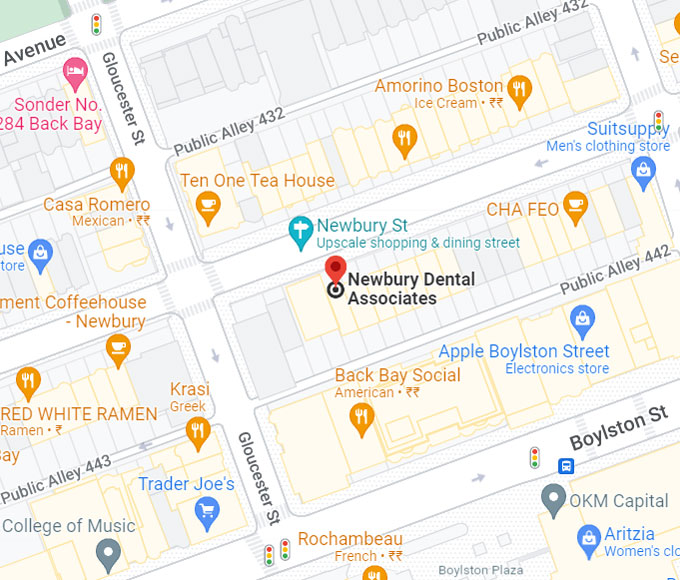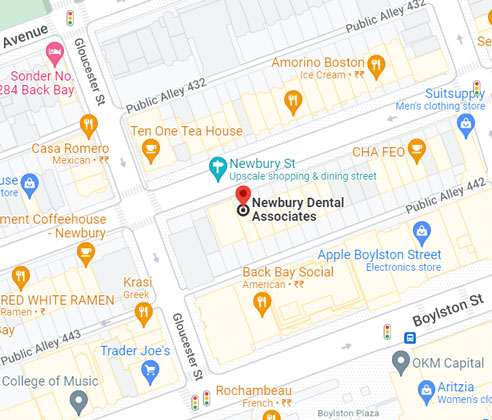Types of Braces Available
Traditional Metal Braces
These are the most common and effective type of braces. Made from high-grade stainless steel, metal braces use brackets and archwires to gradually move teeth into alignment. They are durable, cost-effective, and suitable for treating complex orthodontic cases.
Ceramic Braces
Ceramic braces function like metal braces but use clear or tooth-colored brackets, making them less visible. They’re a popular choice for teens and adults seeking a more discreet option. However, they may be slightly more fragile and can stain without proper care.
Lingual Braces
Lingual braces are placed on the inside (tongue side) of the teeth, making them virtually invisible from the outside. They’re ideal for those who want complete discretion, though they may take longer to adjust to and can be more challenging to clean.
Self-Ligating Braces
These braces use a special clip instead of elastic bands to hold the archwire in place, resulting in reduced friction and fewer adjustment appointments. They can also be more comfortable and easier to clean compared to traditional braces.
Clear Aligners (e.g., Invisalign)
Clear aligners are removable trays made of transparent plastic that gradually shift teeth. They’re nearly invisible, convenient, and comfortable—making them a top choice for adults and teens with mild to moderate alignment issues. Unlike traditional braces, they can be removed for eating and cleaning.




